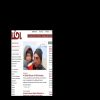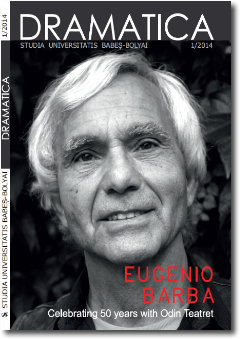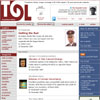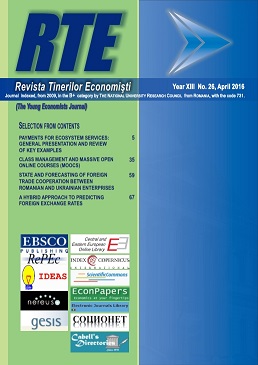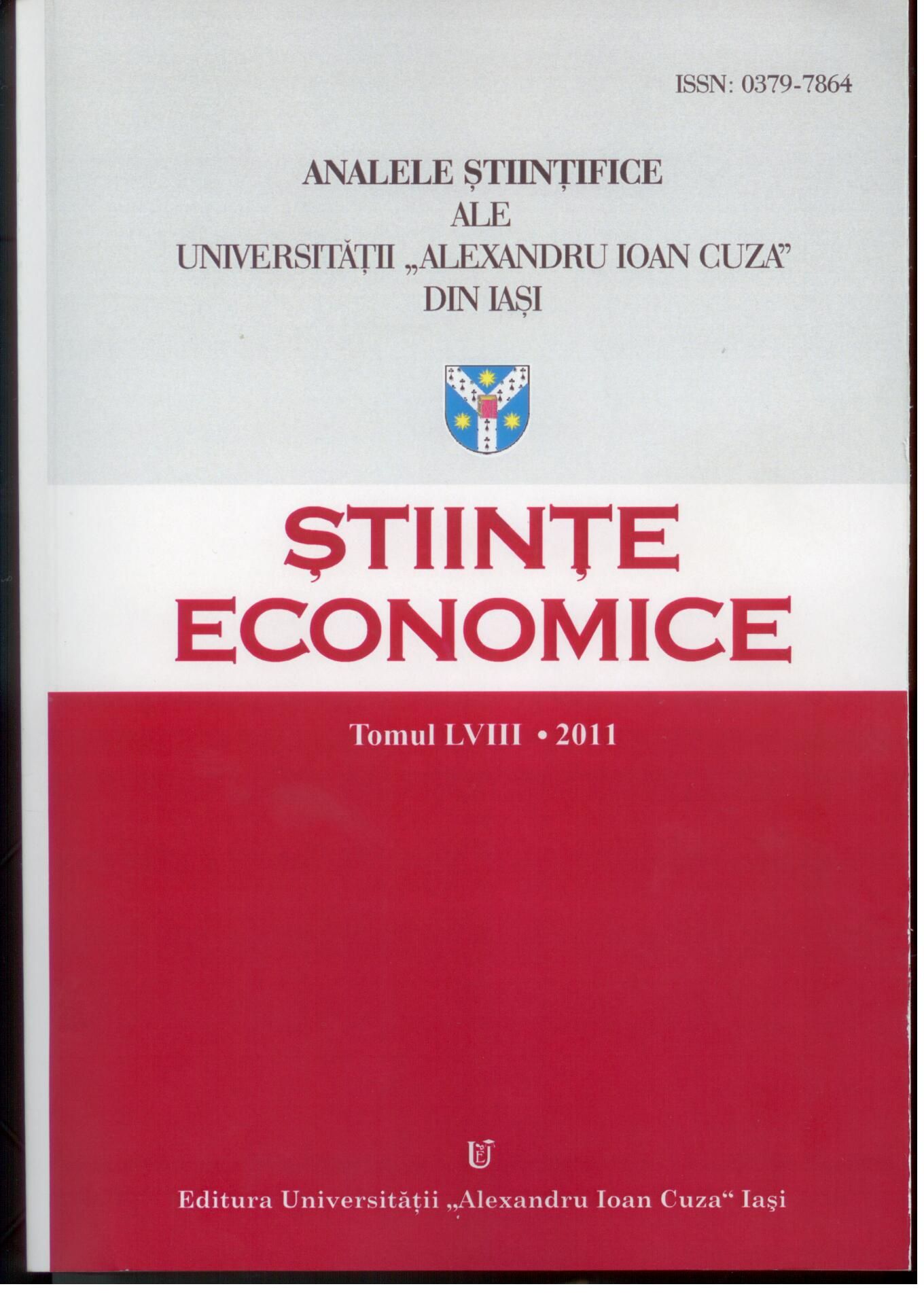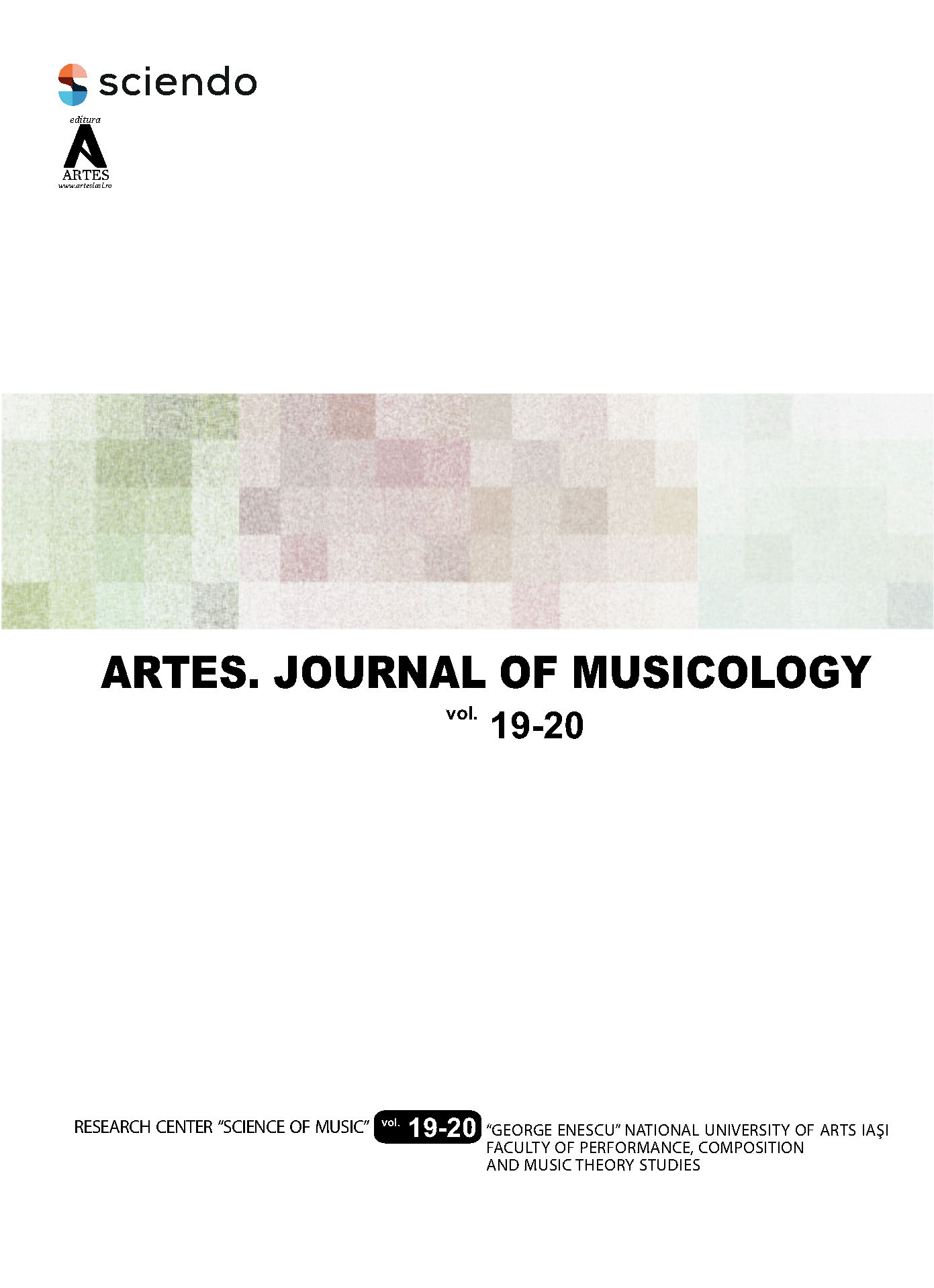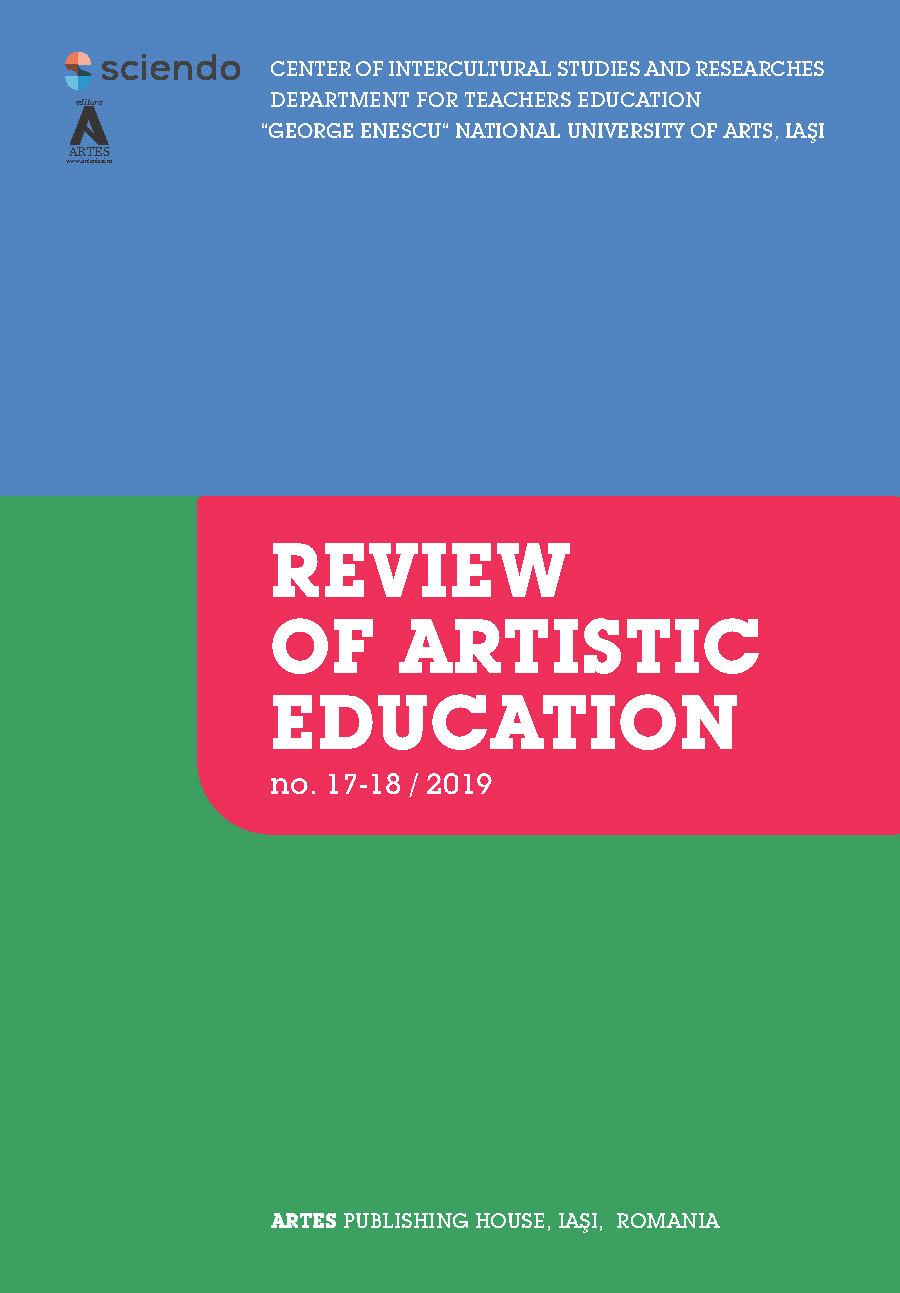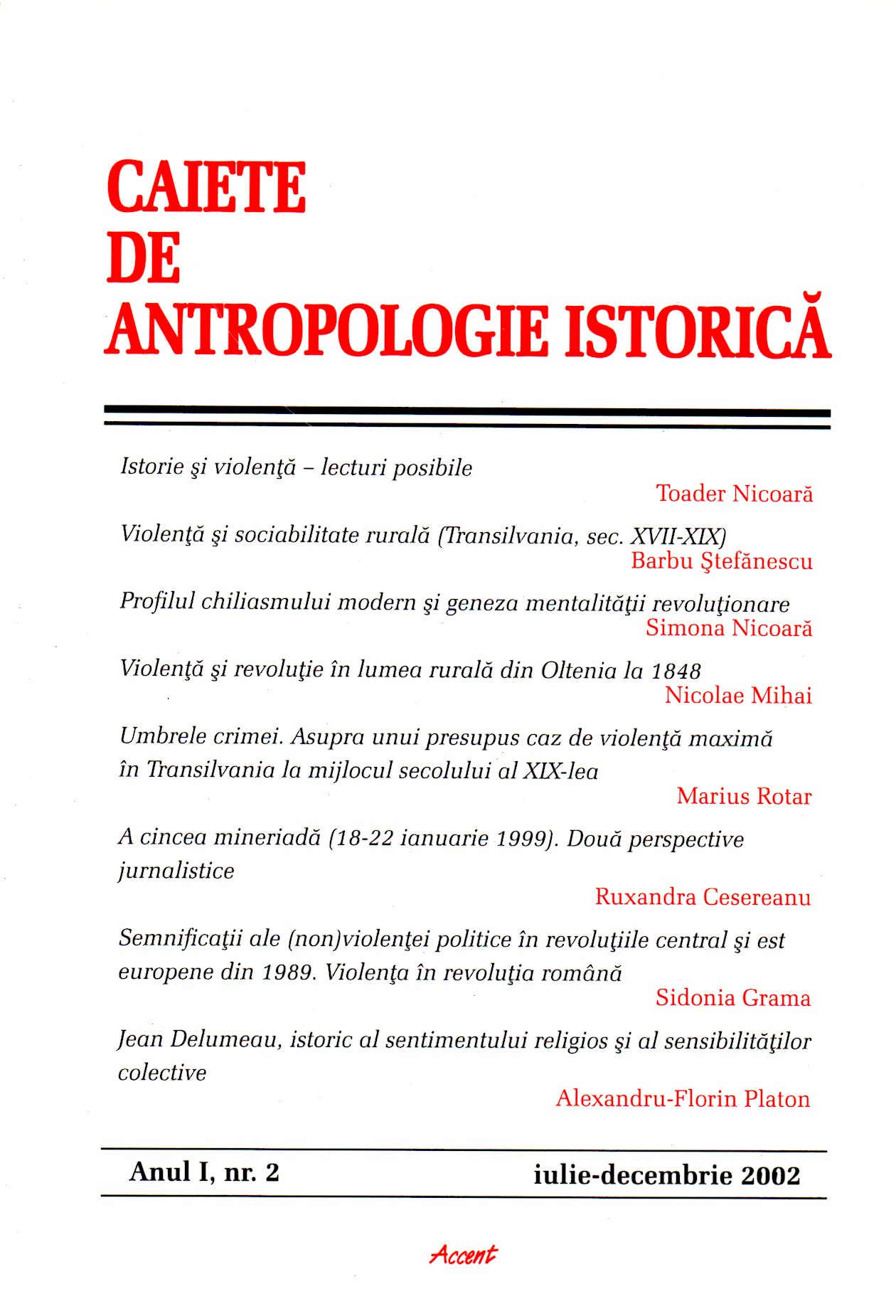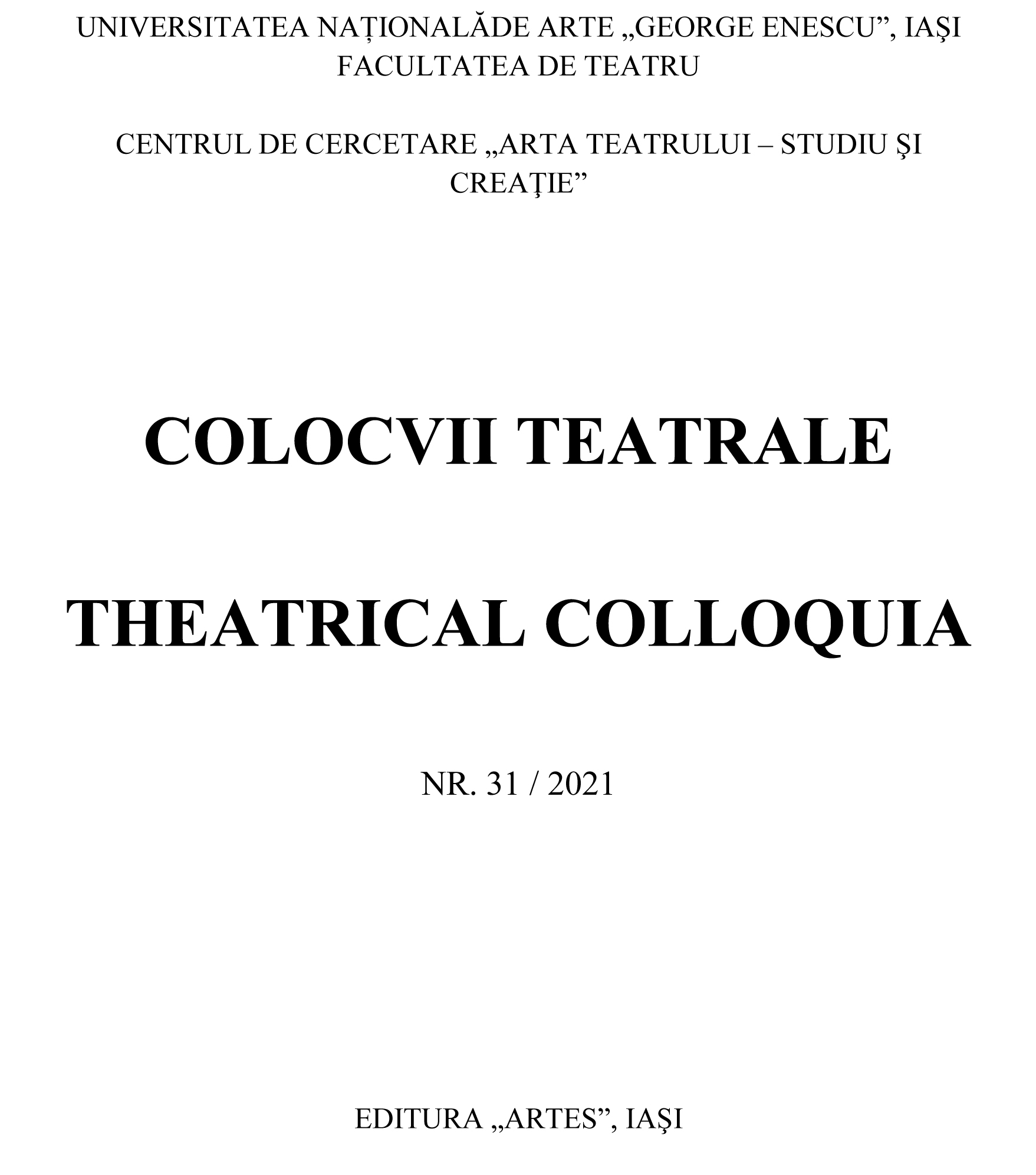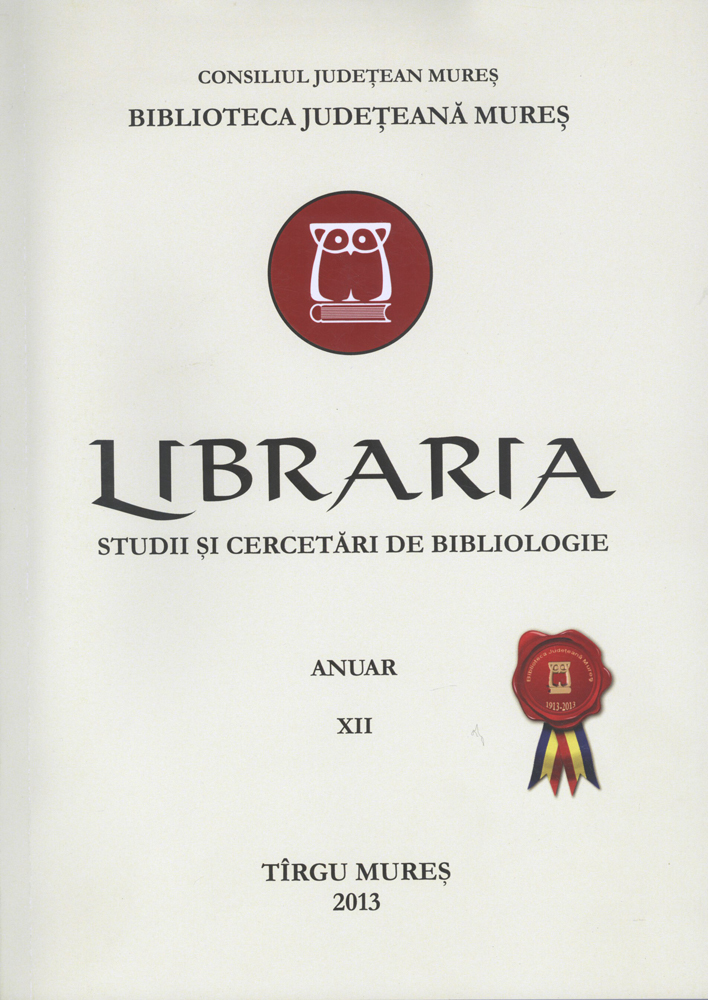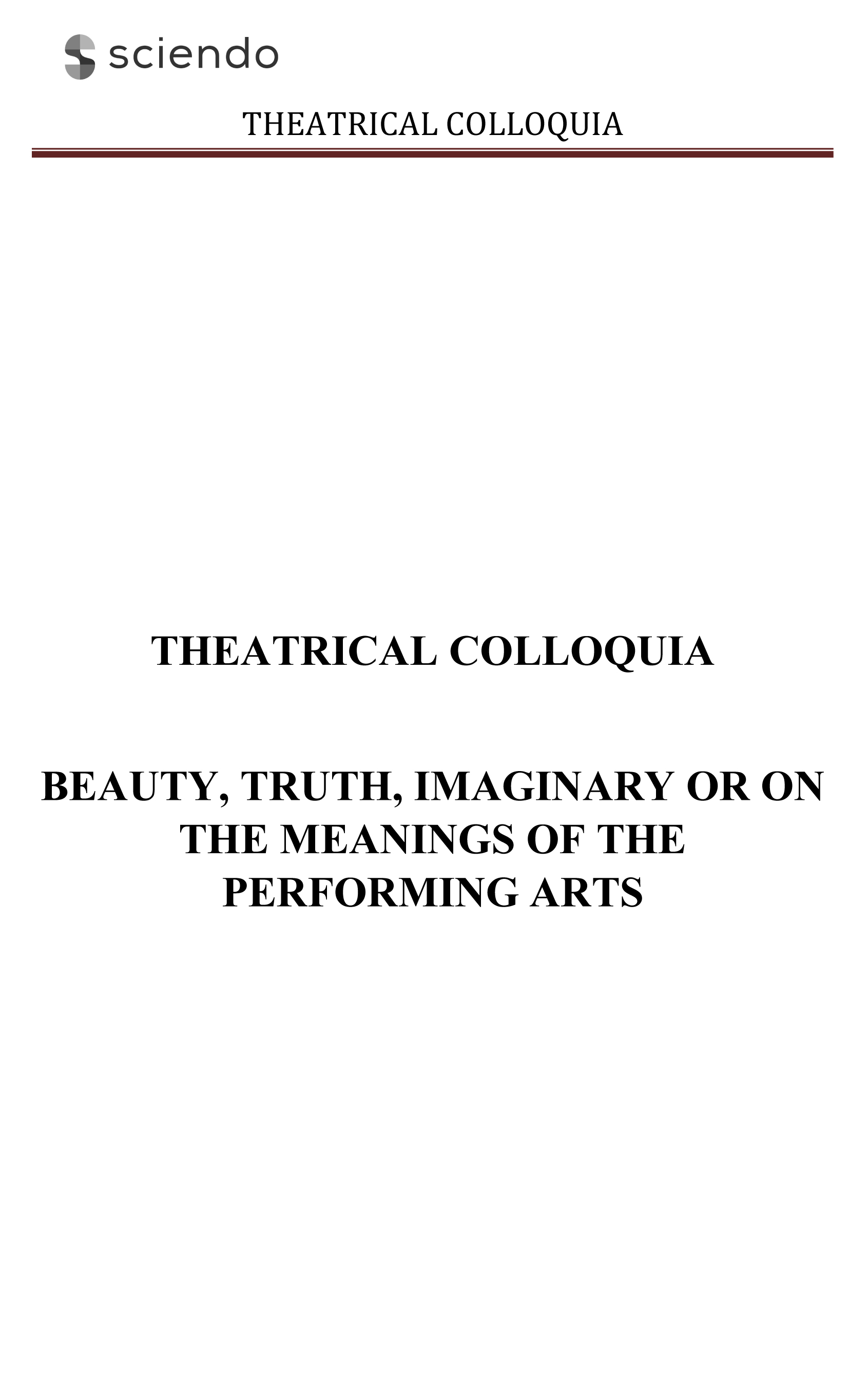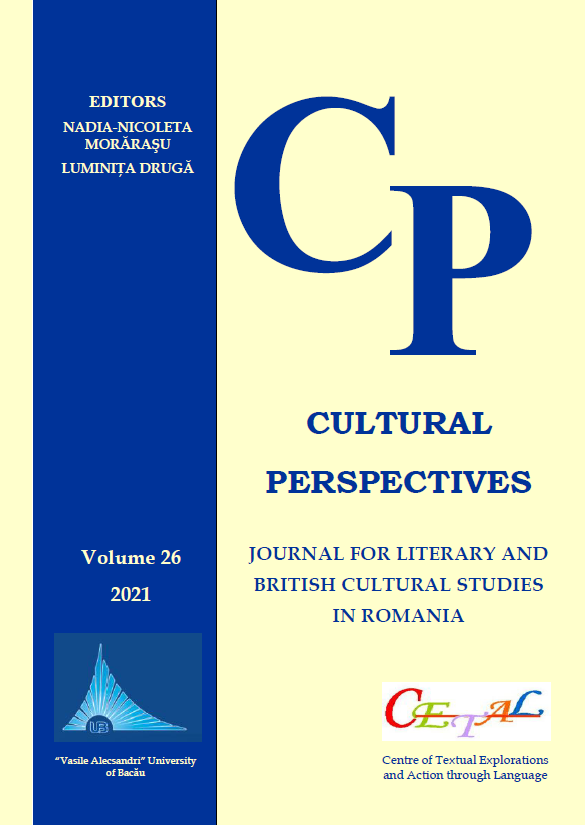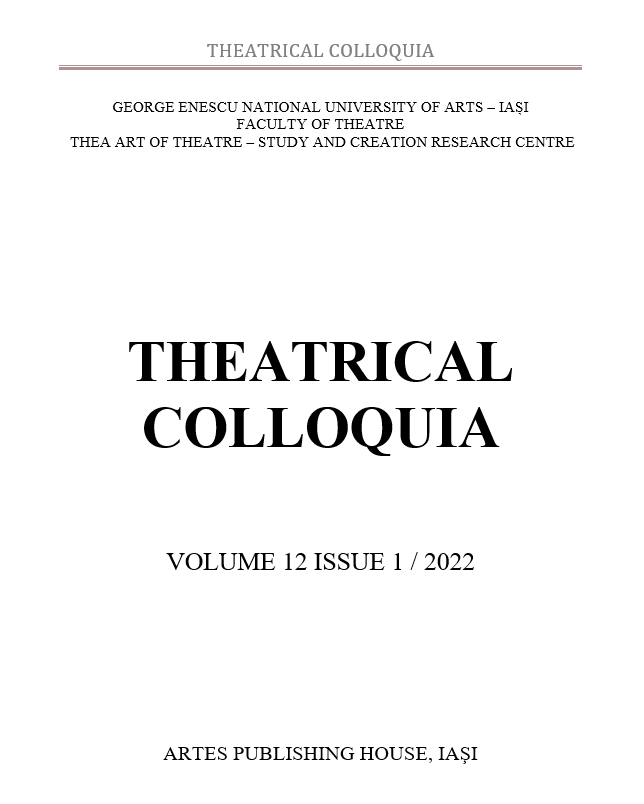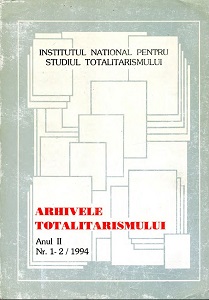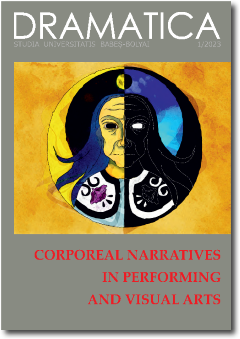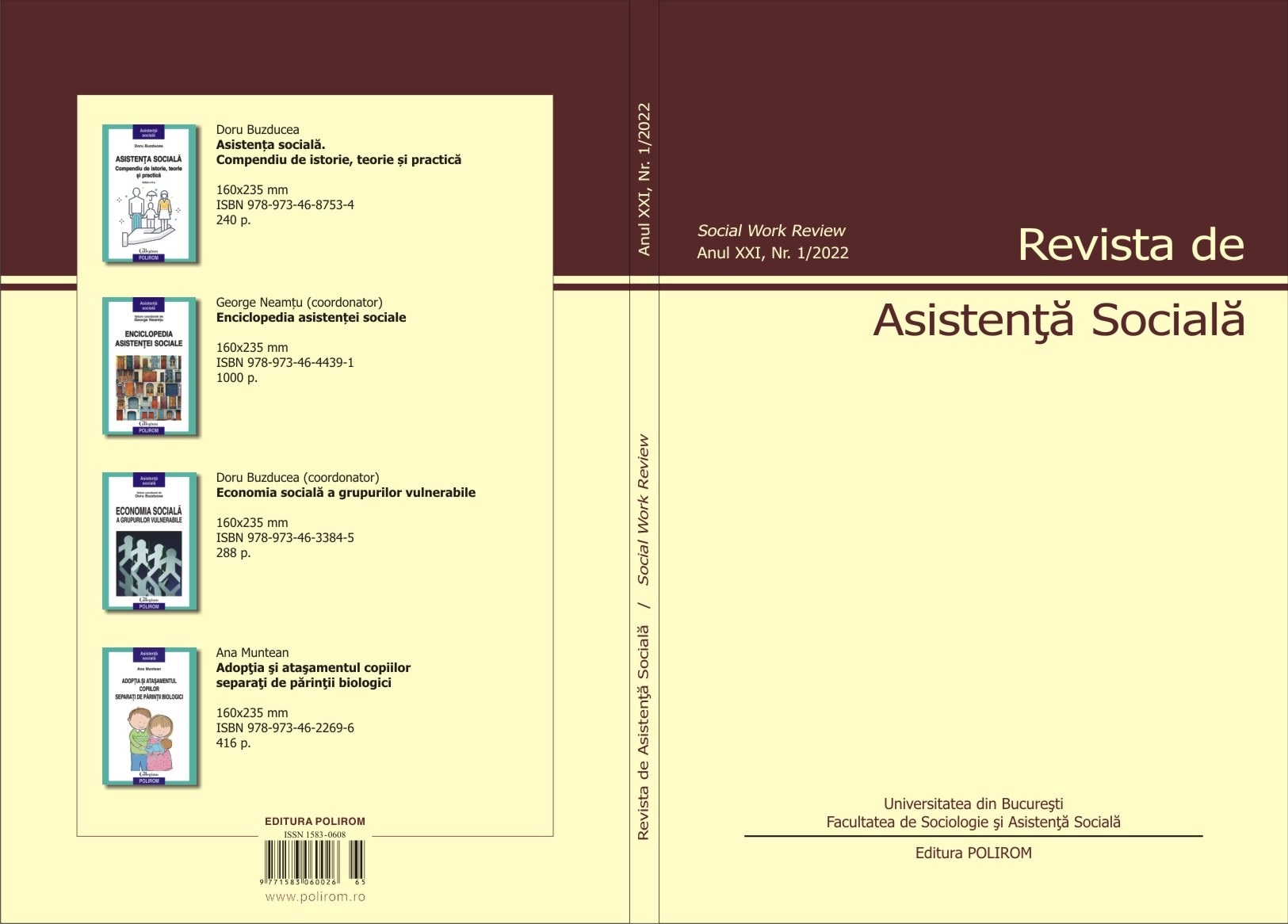A cincea mineriadă (18-22 ianuarie 1999). Două perspective jurnalistice
Author(s): Ruxandra Cesereanu / Language(s): Romanian
/ Issue: 2/2002
Keywords: miners' revolt; perspectives; PDSR; communism; totalitarianism; Romania; opposition; violence;
A cincea mineriadă, din 1999, este cel mai vizibil rodul narcisismului şi grandomaniei liderului sindical Miron Cozma, care o instrumentează pentru a-şi camufla statutul de infractor cu mai multe procese pe rol, dar şi pentru a-şi consolida o viitoare poziție politică. Perspectiva Puterii şi aceea a Opoziției, însă, diferă față de mineriadele anterioare. În 1999, Puterea aparținea fostei Opoziții (din timpul mineriadelor anterioare), adică alianței CDR, USD şi UDMR, iar Opoziția era reprezentată de fosta Putere, adică de PDSR, secondată de PUNR şi PRM. Perspectiva Puterii va fi redată de ziarul România liberă. În ce priveşte perspectiva Opoziției în 1999, aceasta va fi înfățişată prin săptămînalul România Mare, oficiosul extremistului partid cu acelaşi nume, condus de Corneliu Vadim Tudor. Cum implicarea politică a acestuia a fost dovedită în mineriada din ianuarie 1999, Miron Cozma fiind “aghiotantul” său, România Mare a incitat direct minerii la revoltă, pentru a profita în cazul în care ar fi izbutit râvnita lovitură de stat. Ion Iliescu şi PDSR, deşi au susținut moral şi ideologic mineriada din 1999, se vor feri, totuşi, de o implicare vizibilă în răzmerița minerilor şi, la limită, chiar de alianța cu PRM.Autoarea reface prin analiza presei două perspective jurnalistice asupra unui fenomen de istorie contemporană care a adus violența primitivă în trecutul foarte recent a unei Românii, derutate, traumatizate, reamintind din nou, dacă mai era cazul, de excepția românească, aflată într-o gravă dificultate de a găsi rețete non-violente în tranziția de la comunism la o societate deschisă, democratică. Analizând cele două perspective radical opuse, studiul oferă o viziune complexă asupra unui fenomen controversat din istoria recentă a României, oferind eşantioane convingătoare despre curentele de opinie şi despre confuzia valorilor dintr-o societate încă nevindecată de traumele totalitarismului comunist şi fracturile etice şi axiologice existente în ceea ce putem numi, o Românie profundă. În acelaşi timp sunt analizate mecanismele manipulării propagandistice ale mineriadei, în scopul obținerii unui profit politic sau în scopul exonerării de grave responsabilități a liderilor.
More...
